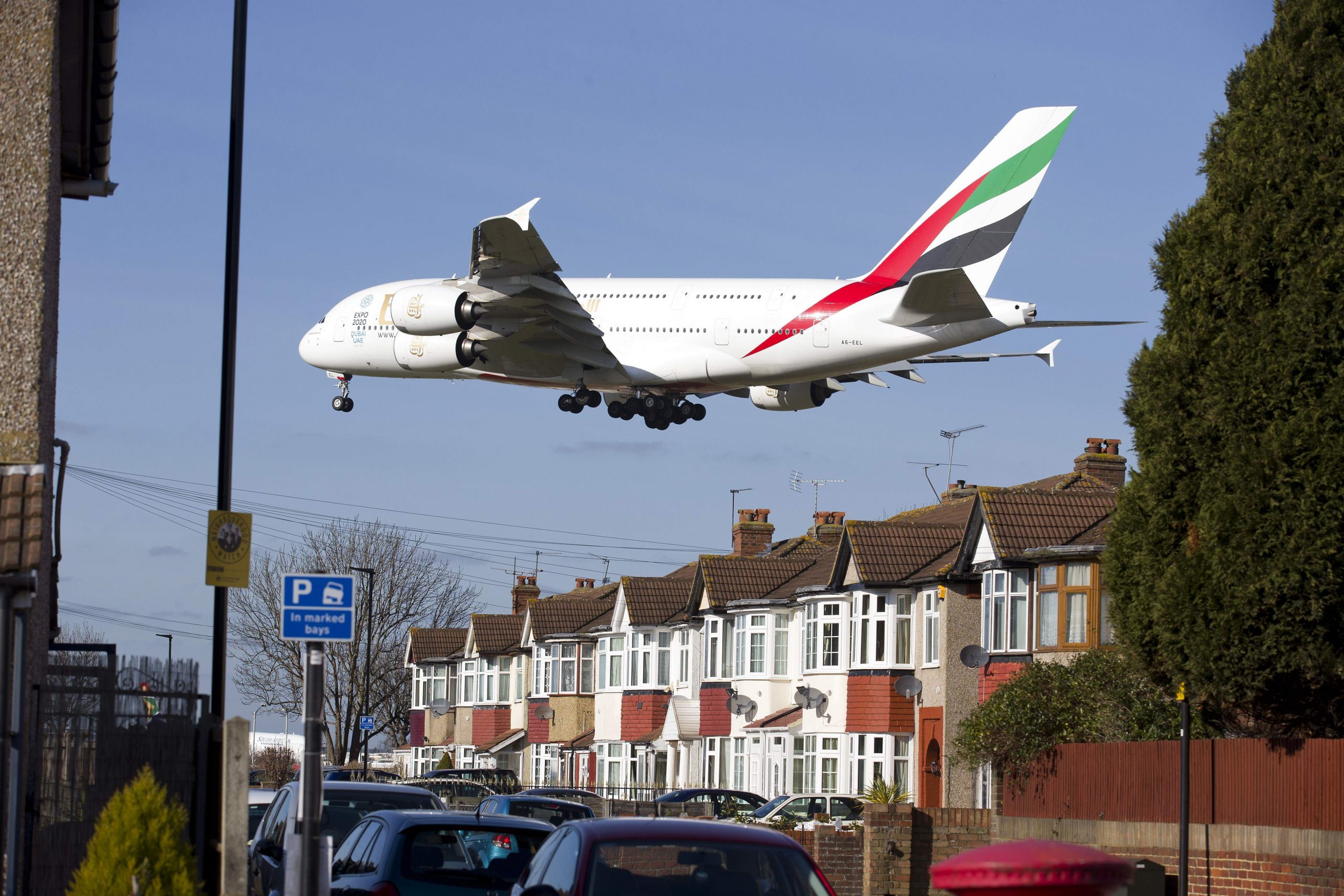
Our cities are being poisoned by a toxin that surrounds us day and night. It eats away at our brains, hurts our hearts, clutches at our sleep, and gnaws at the quality of our daily lives.
Hardly a silent killer, it gets short shrift compared to the well-publicised terrors of air pollution and sugars food. It is the dull, thumping, stultifying drum-beat of perpetual noise.
The score that accompanies city life is brutal and constant. It disrupts the everyday: The coffee break ruined by the screech of a line of double decker buses braking at the lights. The lawyer’s conference call broken by drilling as she makes her way to the office. The writer’s struggle to find a quiet corner to pen his latest article.
For city-dwellers, it’s all-consuming and impossible to avoid. Construction, traffic, the whirring of machinery, the neighbour’s stereo. Even at home, the beeps and buzzes made by washing machines, fridges, and phones all serve to distract and unsettle.
But the never-ending noisiness of city life is far more than a problem of aesthetics. A growing body of evidence shows that noise can have serious health impacts too. Recent studies have linked noise pollution to hearing loss, sleep deprivation, hypertension, heart disease, brain development, and even increased risk of dementia.
One research team compared families living on different stories of the same building in Manhattan to isolate the impact of noise on health and education. They found children in lower, noisier floors were worse at reading than their higher-up peers, an effect that was most pronounced for children who had lived in the building for longest.
Those studies have been replicated for the impact of aircraft noise with similar results. Not only does noise cause higher blood pressure and worsens quality of sleep, it also stymies pupils trying to concentrate in class.
As with many forms of pollution, the poorest are typically the hardest hit. The worst-off in any city often live by busy roads in poorly-insulated houses or flats, cheek by jowl with packed-in neighbours.
The US Department of Transport recently mapped road and aircraft noise across the United States. Predictably, the loudest areas overlapped with some of the country’s most deprived. Those included the south side of Atlanta and the lowest-income areas of LA and Seattle.
Yet as noise pollution grows in line with road and air traffic and rising urban density, public policy has turned a blind eye.
Council noise response services, formally a 24-hour defence against neighbourly disputes, have fallen victim to local government cuts. Decisions on airport expansion and road development pay scant regard to their audible impact. Political platforms remain silent on the loudest poison.
This is odd at a time when we have never had more tools at our disposal to deal with the issue. Electric Vehicles are practically noise-less, yet noise rarely features in the arguments for their adoption. Just replacing today’s bus fleet would transform city centres; doing the same for taxis and trucks would amount to a revolution.
Vehicles are just the start. Millions were spent on a programme of “Warm Homes”; what about “Quiet Homes”? How did we value the noise impact in the decision to build a third runway at Heathrow, and how do we compensate people now that it’s going ahead?
Construction is a major driver of decibels. Should builders compensate “noise victims” for over-drilling? Or could regulation push equipment manufacturers to find new ways to dampen the sound of their kit?
Of course, none of this addresses the noise pollution we impose on ourselves. The bars and clubs we choose to visit or the music we stick in our ears. Whether pumping dance tracks in spin classes or indie rock in trendy coffee shops, people’s desire to compensate for bad noise out there by playing louder noise in here is hard to control for.
The Clean Air Act of 1956 heralded a new era of city life, one where smog and grime gave way to clear skies and clearer lungs. That fight still goes on today.
But some day, we will turn our attention to our clogged-up airwaves. The decibels will fall. #Twitter will give way to twitter. And every now and again, as we step from our homes into city life, we may just hear the sweetest sound of all. Silence.
Adam Swersky is a councillor in Harrow and is cabinet member for finance. He writes in a personal capacity.





